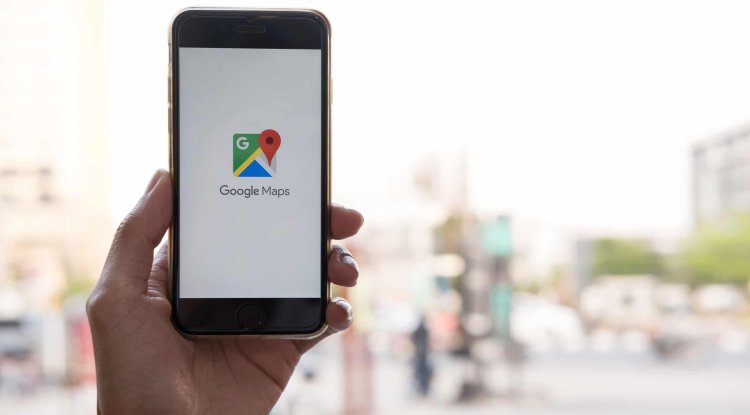Reviews on Google Maps, how does it work?
All reviews, go through AI control. Then one number is checked by re-employees. The number of employees is not enough to review all the reviews...

Through the blog, Google explained how reviews edited on Google Maps are edited. Through their post, they explain -reviews are read by people and not vending machines. If the reviews happen to be frequently negative, more attention is paid to that location in order to avoid false content.
The rules according to which the value of the review is assessed are defined within the Policy. This Policy becomes a training material used by operators and according to which algorithms are defined. Based on these guidelines, content that violates the guidelines is “caught”. Google believes that this is an effective solution that ensures that reviews are useful and authentic.
When the review is published, it is sent to the “modeling system” at the same time to check that there are no violations of the Policy. Google relies heavily on AI systems but also on people checking reviews. AI is the first line of defense. Their task is to check whether there is an obvious violation of the Policy. This primarily includes hate speech, offensive content or content that is in no way related to the topic. The history of user reviews and the location from which the review is written is also checked. The number of reviews in one location is also monitored. In the event that the number of reviews in one location increases sharply, this is interpreted as “fake reviews”.
All reviews, therefore, go through AI control. Then one number is checked by re-employees. The number of employees is not enough to review all the reviews that appear on Google Maps during the day. That is why employees receive a number of reviews that are treated as potentially false.
This announcement by Google is interesting because it represents an attempt by this company to present itself to the public as responsible. However, there is one significant problem in this text. It refers to tracking the location from which the review was written. In this way, Google has directly confirmed that it has access to all user locations. At the same time, this data should be checked and used. Google is facing numerous lawsuits around the world because of the abuse of users’ locations. Through this text, Google tried to point out why it is important to use the user’s location, and at the same time, it wanted to point out that this is a use of data that is very important and does not endanger security of users in any way. However, is that really the case? Are we really happy when we know that our location, history of movement and pattern of behavior are available to someone?





































